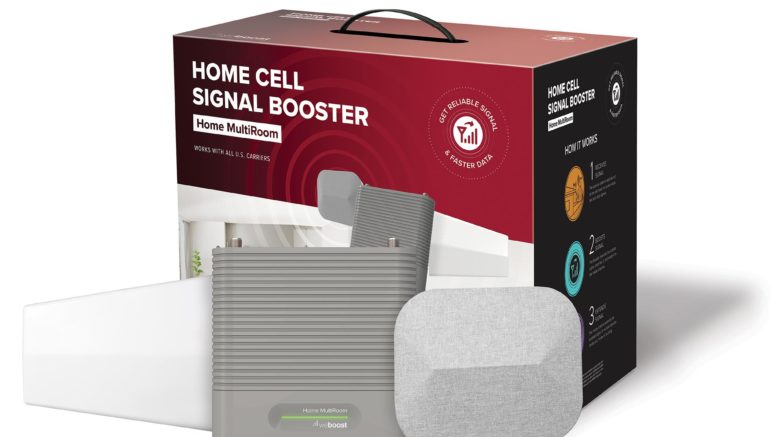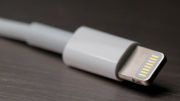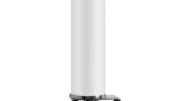One of the less fun things about today’s culture is that tech stuff breaks pretty quickly. We know that we’ll want a new phone in two years or less, so we’re not too worried about the one we have getting beat up before that. We know the next TV will have great new features, so maybe we’ll hold onto this one for 5-7 years but probably not longer than that. Not only that, but most of our electronics aren’t even designed to be repaired. 50 years ago, TV repair shops dotted the landscape of every city in America. Today you’ll be lucky to find one. They’ve been replaced by factory service centers that no one uses unless they are within the warranty period.
But what about a consumer cell booster? You’ll pay a decent amount for one, so how long should it last? I polled some folks to find out their expectations. Some were pretty low. About a third of people expected to change boosters every time they changed phones. Another third essentially said “forever.” It was all over the map. So I figured I’d chime in with what we at Solid Signal expect.
Setting fair expectations
There are a number of factors that can shorten the life of a cell phone signal booster. The outdoor antennas, usually covered in plastic, can have issues after a few years of harsh UV exposure. The cables, often lower-grade than satellite, can decay as well. But often it’s the base unit that either gives out or becomes obsolete in some way.
Today’s cell boosters will work with LTE and nationwide 5G in the most popular bands. They don’t work with T-Mobile’s 600MHz implementation or with mid-band or millimeter-wave 5G often marketed as “UWB” or “5G+.” It wouldn’t surprise me to see a booster that does 600MHz, although it might never happen. T-Mobile inherited some of Sprint’s quirkiness when they bought the company, and Sprint was well known for using funky frequencies. Booster makers happily ignored Sprint and who knows… they might happily ignore T-Mobile too.
As for UWB/5G+, I’m not sure we’ll see home boosters for those frequencies for some time. Millimeter-wave 5G is really designed for very dense spaces like stadiums or the streets of Las Vegas. It’s notoriously hard to work with and requires a lot more expensive equipment. As for mid-band 5G, if that becomes popular you might see boosters for it.
But remember, even if you never see boosters for any frequencies other than the ones that are there now, you’re still generally covered. Every carrier uses the current frequencies for high-speed data and voice. You may not get gigabit connectivity, but chances are you won’t notice.
No, the biggest problem with cell boosters is that they might get flaky.
Flaky?
What do I mean by “flaky?” Sometimes your booster will sense an overload when there isn’t one and stop working. Sometimes it will just stop working. In most cases, unplugging and replugging tends to solve things but it’s a pain to do and it makes you a little paranoid. You want to set this thing up and forget it. Remember that in the grand scheme of things these are still consumer-level devices. Like your home router or home laptop, they’re built with a mix of low cost and high features. That means reliability isn’t going to be up to military standards. There are commercial-grade boosters for those who want that level of service.
So all-in-all, I tell people to expect a booster to last 5-7 years, the same as a TV. It’s impossible to predict that far out in the tech world. Today’s 5-band boosters have only been around for about 8 years. Most are still in service, and who knows… they may still have a decade of service in them.
Get past the fear and get the help you need
A lot of people are afraid to change out a cell booster because they think that the next big thing is just around the corner. Others are afraid to go up on the roof. I understand the fear. Luckily, you’re not alone. Call the folks at Solid Signal. They can help you understand the state of cell phone signal boosters today. They may even be able to help you find a local installer if you need one. That way, you’ll feel comfortable shopping for your next cell booster.
Call us at 888-233-7563 during East Coast business hours. If it’s after hours, fill out the form below and we’ll get back to you, usually within one business day.





